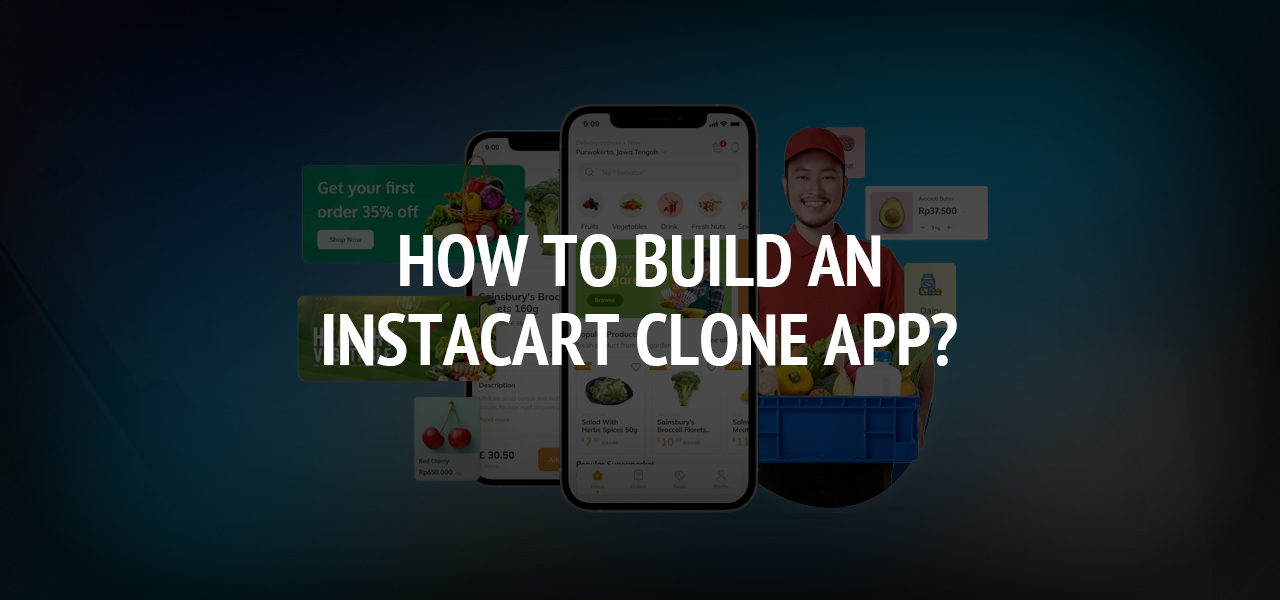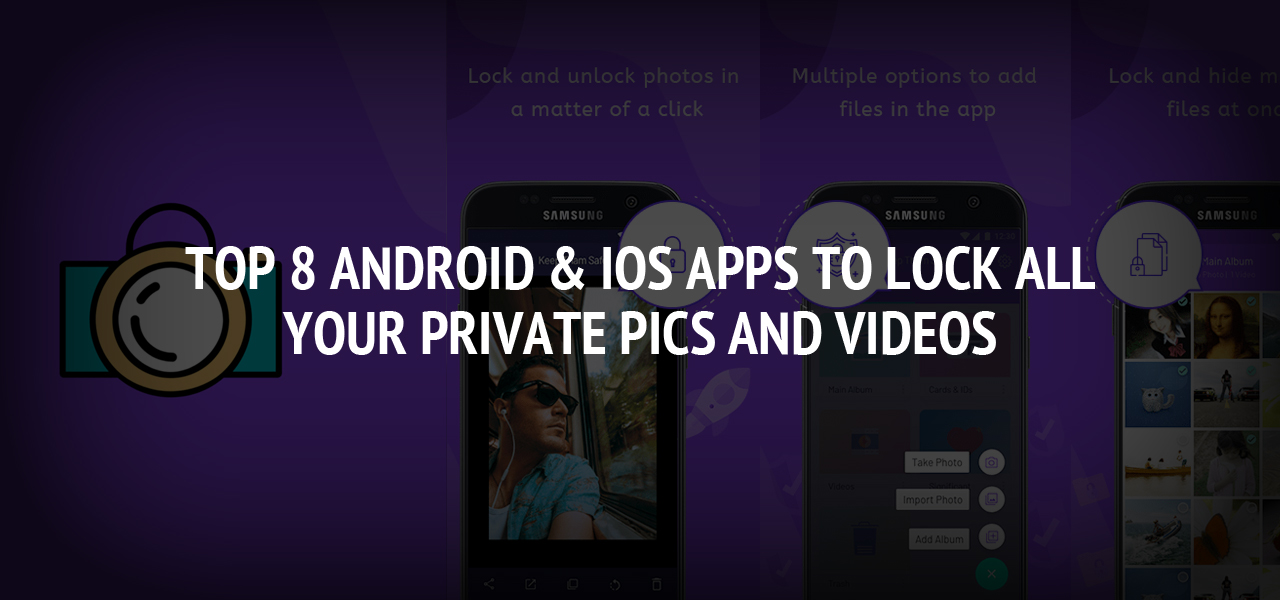10 Tips for Succeeding as an Independent App Developer

Is it possible for an independent app developer to survive in this competitive environment when there are over 18.2 million developers either working for a company, firm or a startup?
This is probably the most common and frightening question that crosses the mind of a developer planning to work independently. Don't worry, as there are many start-ups, small businesses and even few MNCs that are looking for independent app developers for hire. The reasons can be cheaper rates, efficiency or even specific skill sets as independent developers are equipped with modern coding skills.
Being alone can be a frightening thought, however, for a developer, it could be like opening doors towards various opportunities.
So if you are a struggling independent developer and looking for a way to succeed then you are at the right place. Here we are going to share 10 Tips for Succeeding as an Independent App Developer that would help you big time in your profession.
Find A Market
Take a look at all the big, known and successful apps in the market such as Netflix, Uber, Tinder, Instagram, etc. You might notice that these applications are successful because they are focused on a specific market in which they are unbeatable. For instance Netflix cover entertainment, Uber covers transportation and Instagram covers social media. So if you want to develop an app yourself, it's imperative that you find a market, preferably one that does not have an app yet. Also, we recommend you to choose a field, you are familiar with as you will know exactly how it works. However, this does not mean that you can venture into new areas.
Be Organized
When you are working independently then make sure you stay organized. This is because it's only you, there is no one else to help you with the development process. Unlike a company or a firm with a lot of manpower, here everything is your responsibility. You have to code those millions of lines of code yourself.
So structure yourself properly as being clumsy and unorganized is just going to make your task difficult. Make proper plans before start developing, note down the errors, make use of flowcharts, make a schedule which will help you stay organized and productive.
Study The Failures
One thing is for sure that you are going to make mistakes, the important thing is that you learn from them. However, if you really want to be successful then learn from others mistakes as well. Ask yourself what they did wrong and make sure you don't repeat that same mistake.
Failure is the best lesson your life has to offer. So never be afraid of failing.
Increase Your Efficiency
As an independent developer, you can't possibly take on big projects. So, focus on creating simple apps that can be completed and published in roughly a few weeks of the span. This allows you to test many different ideas and create a portfolio of apps, which in turn will increase your possibility of success.
Keep It Simple
When developing your app make sure that simplicity is one of the core principles of your app development process. Your applications user interface must be simple and easy to use, this means that your users should be able to figure out how to use your application straight away within seconds without any difficulty. You can make use of standard symbols and icons which can be understood by anyone, irrespective of what language they speak.
Research Your Competition
It is important that you know about your competition before working on your idea. This will help you to dig out details about your competitor's app such as its features and functions, its unique selling point, and its customer value proposition. With this information, you can improve your own application. However, make sure don't go overboard and get sued for copying someone else's idea. This information can only be used as motivation or improvement in your pre-existing ideas.
For example, if your competitor's app has a feature which receives negative feedback from users, you can avoid implementing the same feature in your application. This will reduce development time and also increase applications UX (User Experience).
Invalidate Your Idea
You should be able to differentiate between passion and obsession. Be passionate about your idea but don't follow it blindly. Research the competition, look for improvement, do a thorough analysis of the market. Make sure that your idea is something worth investing your time and resources.
Don't do biased research and focus exclusively on information supporting your idea. Look for pros and cons, and make a proper list. If you still have doubts then go for a full SWOT analysis.
Diversify & Develop Your Skills
It's a tough competition out there and you cannot survive based on your skill set of the 1990s. You need to learn the latest development platforms, languages and frameworks. It's not enough to know how to make an app, you should also make it visually-appealing, more user-friendly, smooth and flexible navigation system, and most importantly you should be familiar with the latest tech.
It pays to diversify your skills. It is important that you keep on learning new stuff, however, it is also important that you polish your pre-existing skills. So make sure that you thoroughly go through the basics by doing internships, going back to your college notes, online courses, and more
Create A Team
Like we said before it would be nearly impossible for an individual developer to take on a big project. However, in case, you have an opportunity then there is nothing wrong in contacting other independent app developers for hire . This would probably be the most effective and efficient way of working on a giant project.
Being independent doesn't mean that you're going at it all alone. Gather people whom you can share your vision with and you can guide them into helping you make the vision into digital reality.
Stay Disciplined And Passionate
Finally, as with any other profession, it's important that you stay disciplined. Don't let difficulties, roadblocks steer you away from your goal. Stay focused and headstrong in creating that app that might just be what many people around the world are waiting for.
About The Author
Related Blog
View All-
How To Build An Instacart Clone App?
Grocery delivery apps are used frequently by people, which has increased their appeal in recent years. A white-label Instacart clone script is being used by a number of entrepreneurs to enter this market because of the high user engagement and many revenue sources. Large ...
-
Top 8 Android & iOS apps to lock all your private pics and videos
Technology has progressed notably in this contemporary world. We presently have smartphones instead of just normal phones and iPods instead of a walkman. There is inevitably a threat to our privacy when it comes to technology. We have smartphones, and we share ...







